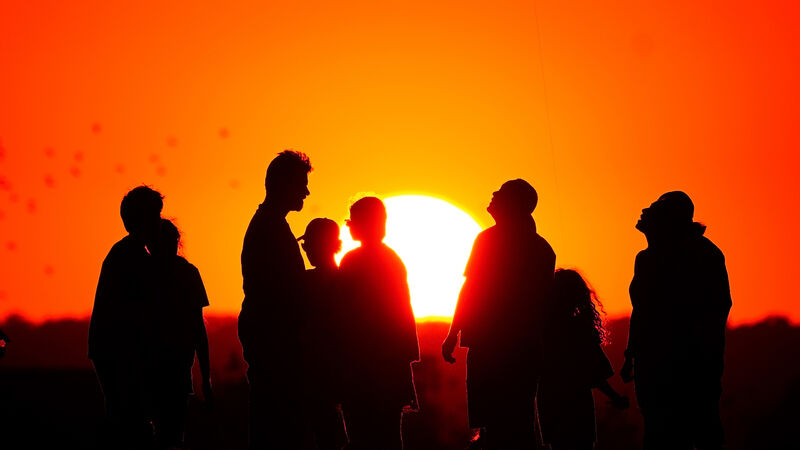Budget 2026 leaves us more exposed to the ravages of climate change than ever

Many have fallen into the trap that climate change will make Ireland a warmer and more pleasant place. File photo: Victoria Jones/PA
“The definition of insanity is doing the same thing over and over again and expecting different results.” This is a quote often misattributed to Albert Einstein.
It's one of those things that we have all mistakenly thought to be real. What Einstein actually said, in translation, was: “We cannot solve our problems with the same thinking we used when we created them.” Perhaps it’s less catchy, but its no less true, and it could not be more apposite in the context of Budget 2026.
CLIMATE & SUSTAINABILITY HUB
















